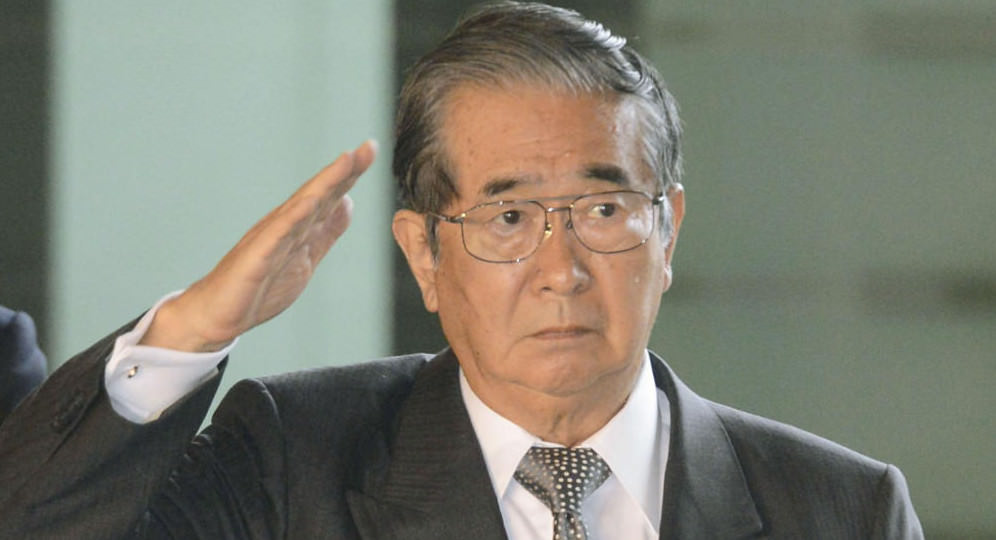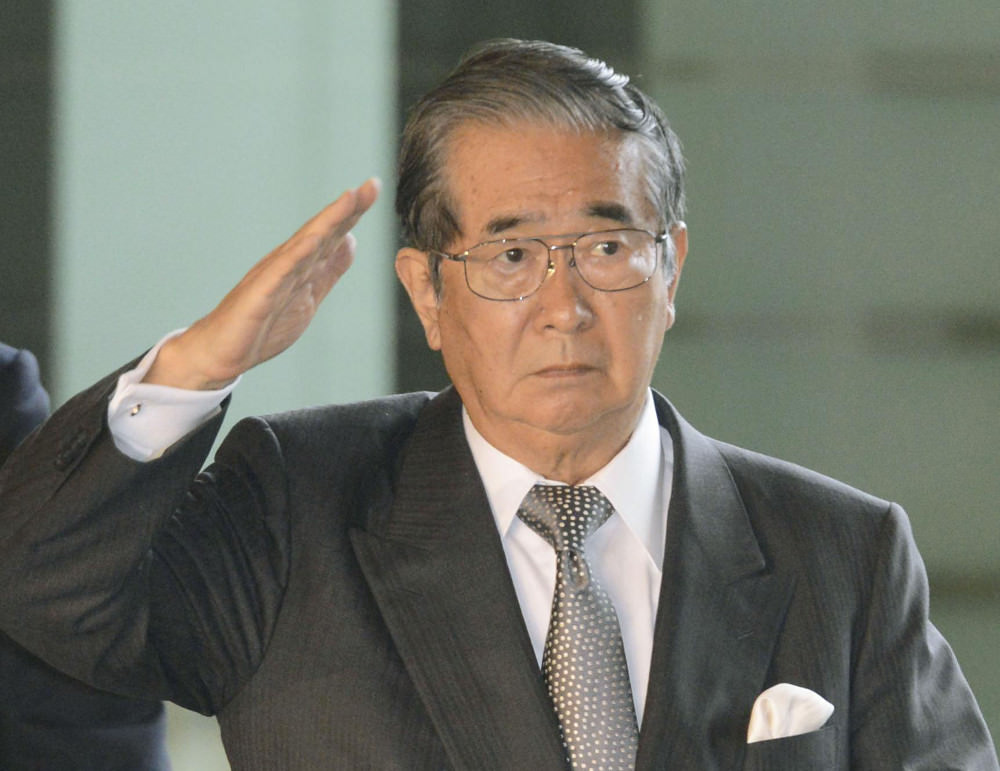Shintaro Ishihara


Japan
Shintarō Ishihara (1932- ) penned the novellas upon which the famous taiyōzoku, or sun-tribe, films of 1956 were based, and is thus partly responsible for that lasting image of mid-century Japanese youth. In Season of the Sun, Ishihara sketched the contents of what he claimed was a new youth subculture, defined by its despondent attitude to Japanese traditions, older generations, and the U.S. Occupation, and focused on the pleasures derived from exorbitant lifestyles featuring sun-bathing, drinking, boxing, fast cars and, especially, sex. In doing so, he drew on his own youth, having grown up in the wealthy beach district of Shonan as the son of a shipbuilding executive. At the age of 23 he was awarded the prestigious Akutagawa prize for Season of the Sun, which established the text as a bestseller and as controversial both for its recognition as literature and its depictions of restless youth. He described the generation featured in Season of the Sun in the following terms:
“The young unconsciously tried to destroy the morals of their elders — morals which always judged against the new generation. In the young people’s eyes, the reward of virtue was dullness and vanity. While the older generation thought it was growing ever more broad-minded, but actually grew narrower in outlook, the young looked for something broad and fresh to build on.”
As an author, he is best known in English for his co-authored (with Akio Morita) 1989 collection of essays The Japan That Can Say No: Why Japan Will Be the First Among Equals. This collection expanded the nationalist tendencies evident in the taiyōzoku film Crazed Fruit (1956) into a treatise that called on Japan to assert its independent interests in financial and diplomatic relations with the U.S.
Having authored Season of the Sun in 1955, Ishihara worked in cinema as a screenwriter, actor, and director across the 1950s and 1960s. He established a prolific writing career, including numerous plays and novels, and by covering the Vietnam war for the Yomiuri Shimbun from 1966-67. He then began a long career in politics, first as a member of the Liberal Democratic Party in the House of Councillors from 1968-1972 and then as a member of the House of Representatives from 1972 until 1995. Ishihara’s return to politics came four years later, when he contested the Governorship of Tokyo, which he won and held until 2012. At this point he formed a new political party named the Sunrise Party of Japan in order to attempt to establish a new Japanese Constitution, which quickly merged with the Japan Restoration Party. He retired from politics after defeat in the 2014 national elections. Across this political career, he was well known as a far-right nationalist, fond of controversial polemic. Some of his most controversial opinions include the statement in a 1990 Playboy interview that the “rape of Nanking” was a fiction; that “It is a waste and a sin that women who have lost their reproductive capabilities are alive”; that “Japan has become unruly” evidenced by young people and “homosexuals on TV like it’s no big deal”; and that the 2011 earthquake and Tsunami was divine punishment for the Japanese people having become egotistical and greedy. As Governor of Tokyo, Ishihara was also a strong supporter of restricting the sale of manga featuring underage sex, claiming “These are for abnormal people, for perverts.” – Liam Grealy